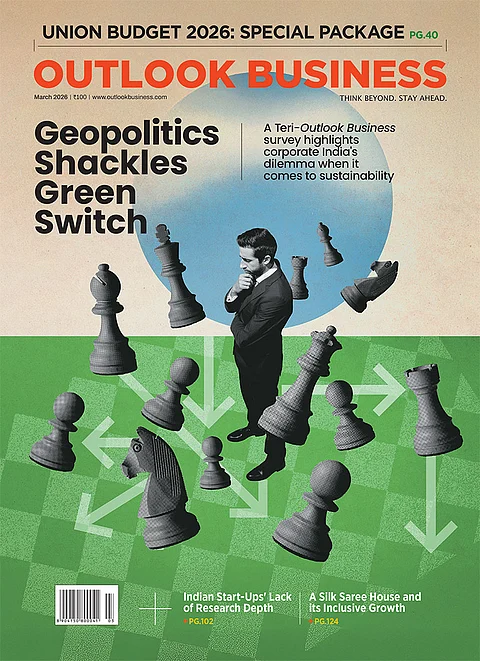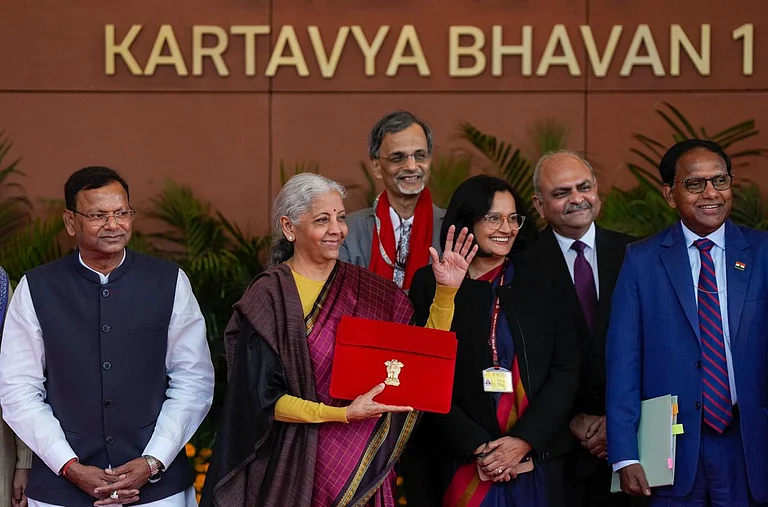Salaried taxpayers will have something to cheer about from Union Budget 2024-25. Union Minister of Finance Nirmala Sitharaman announced an increased in the standard deduction limit by Rs 25,000 from Rs 50,000 to Rs 75,000, while announcing new changes in the new tax regime.
However, this enhanced standard deduction will only be applicable to those for opt for the new tax regime.
Sitharaman further told Parliament while presenting the Union Budget that more than two-thirds of taxpayers have availed of the new personal income tax regime in the last fiscal year.
What Is Standard Deduction?
Standard Deduction is a fixed amount that taxpayers are allowed to deduct from their taxable income without the need for receipts or expense proofs. It reduces the taxable income, thereby lowering the overall tax liability for an individual.
Under Standard Deduction provisions, salaried individuals and pensioners can claim a certain amount by default without showing proof of any investment or expenditure. This provision was taken down for some years and was re-introduced during the 2018 Budget announcements.
In Budget 2023-24, Sitharaman has kept the Standard Deduction unchanged at Rs 50,000 for salaried individuals and pensioners under the new tax regime. This has now been increased to Rs 75,000.
This deduction applies by default unless taxpayers choose to opt out. In the announcement of last year’s Budget, the income threshold eligible for tax relief under Section 87A was raised to Rs 7 lakh.
Revised Tax Slab
The tax structure in the new tax regime will be revised as follows.
Rs 0-3 lakh - Nil
Rs 3-7 lakh – 5 per cent
Rs 7-10 lakh – 10 per cent
Rs 10-12 lakh – 15 per cent
Rs 12-15 lakh – 20 per cent
Rs 15 lakh and above – 30 per cent
It is being said that salaried employees will save up to Rs 17,500 in income tax in the new tax regime after these changes.
A Comprehensive Review Of Income-Tax Act 1961
Sitharaman also spoke of a comprehensive review of the Income-tax Act, 1961.
“I announce a comprehensive review of the Income-tax Act, 1961. This will reduce disputes and litigation, and thereby, provide tax certainty to taxpayers. It is proposed to be completed in six months,” she said.
The purpose of this review is to make the Act concise, lucid, easy to read, and understandable.
"One of the most significant announcements made by the Final Budget 2024 is the proposal for a comprehensive review of the Income-tax Act, 1961. The 1st phase of this process has already been done in this Budget by simplifying the tax regime for charities, TDS rate structure, provisions for reassessment and search provisions, and capital gains taxation,” says CA (Dr.) Suresh Surana.
“It may be noted that the changes are proposed to be made in the existing Income-tax Act, 1961, and not by bringing a completely new law such as the Direct Tax Code. This is a welcome approach as a new law would have resulted in new interpretational challenges and a fresh wave of litigation which would have taken years to resolve,” Surana states.































